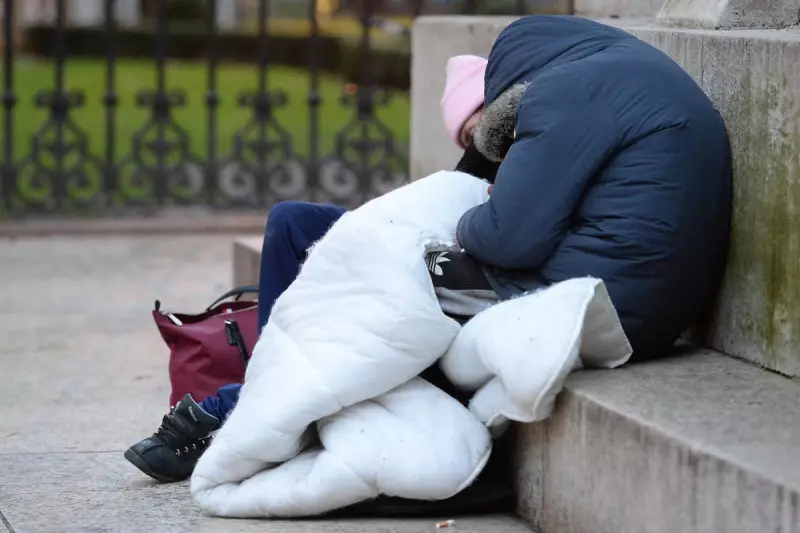
Walk through any major British city after dark, and you'll witness a shadow nation emerging - the growing population of rough sleepers who've become Britain's invisible citizens. This isn't just a housing crisis; it's a fundamental failure of compassion and policy that's stripping people of their dignity.
The Human Cost of Political Failure
Behind every sleeping bag and cardboard shelter lies a human story systematically ignored by policymakers and the public alike. The statistics tell a grim tale: rough sleeping has increased dramatically across England, with many councils reporting year-on-year rises despite government pledges to end homelessness.
Systemic Indifference
What makes this crisis particularly alarming is the normalisation of human suffering. Commuters step over prone bodies on their way to work, families navigate around makeshift shelters, and society has grown accustomed to the sight of human beings living in conditions we wouldn't tolerate for animals.
The mechanisms of dehumanisation are subtle but pervasive:
- Public space architecture designed to deter rough sleeping rather than address its causes
- Media narratives that portray homelessness as personal failure rather than systemic collapse
- Political rhetoric that treats vulnerable people as statistics rather than citizens
- Welfare systems that trap people in cycles of poverty rather than providing escape routes
A Perfect Storm of Crises
Several converging factors have created this emergency:
- The housing market collapse - Soaring rents and inadequate social housing leave thousands with nowhere to go
- Mental health service cuts - Vulnerable individuals slip through safety nets that no longer exist
- Benefits system failures - Universal Credit delays and sanctions push people into destitution
- Local authority funding cuts - Councils lack resources to provide adequate support services
Beyond Statistics: Real Lives at Stake
Each number in the official rough sleeping count represents a person whose basic human rights are being violated daily. The physical toll is obvious - exposure, malnutrition, untreated health conditions. But the psychological damage runs deeper: the erosion of self-worth, the loss of identity, the crushing weight of being treated as invisible.
"We walk past them as if they're part of the street furniture," notes one outreach worker. "But each person has a name, a history, and dreams that haven't completely died yet."
A Call for Compassionate Solutions
Solving this crisis requires more than temporary shelters and emergency measures. It demands a fundamental shift in how we value human dignity and what kind of society we want to be.
The path forward must include:
- Housing-first approaches that provide stable accommodation without preconditions
- Integrated support services addressing mental health, addiction and employment
- Preventative measures to stop people becoming homeless in the first place
- Community-led initiatives that restore human connection and dignity
Britain's streets are telling a story about who we are as a nation. The question remains: are we listening to what they're saying, and do we have the courage to write a different ending?





